Olmeblu 40 Tablet – Blood Pressure Management
Overview:
Olmeblu 40 Tablet is prescribed for managing high blood pressure (hypertension). By lowering blood pressure, it helps reduce the risk of heart attacks, strokes, and kidney complications. It is also beneficial for protecting kidney function in patients with diabetes.
Administration Instructions:
The tablet can be taken alone or with other medications as prescribed.
It may be taken with or without food, preferably at the same time every day.
Continue treatment even if you feel well, as high blood pressure often does not cause noticeable symptoms.
Do not stop taking this medicine without consulting your doctor, as blood pressure may rise again.
Lifestyle Measures:
Along with the medication, lifestyle changes can further help control blood pressure. These include:
Regular exercise
Maintaining a healthy weight
Quitting smoking
Limiting alcohol consumption
Reducing salt intake
Common Side Effects:
Most patients tolerate Olmeblu well. Possible side effects, usually mild and temporary, may include:
Dizziness or lightheadedness
Cough
Diarrhea
Nausea
Indigestion or stomach discomfort
Headache
Flu-like symptoms
Runny nose or sore throat
Muscle or joint pain
Blood in urine (rare)
Chest pain (rare)
Usage Directions:
Swallow the tablet whole. Do not chew, crush, or break it.
Take it at a consistent time each day for best results.
Mechanism of Action:
Olmeblu 40 Tablet belongs to a class of drugs called angiotensin receptor blockers (ARBs). It works by relaxing blood vessels, which reduces the pressure on the heart and improves blood flow to vital organs.
Precautions and Safety:
Alcohol: Avoid drinking alcohol as it may increase drowsiness.
Pregnancy: Unsafe during pregnancy; consult a doctor if there is a potential need.
Breastfeeding: Likely unsafe; limited data suggests the drug may pass into breast milk.
Driving: May cause dizziness or drowsiness; avoid driving if affected.
Kidney: Use with caution in patients with kidney issues; dose adjustments may be required. Avoid in severe kidney disease.
Liver: Use with caution in severe liver disease. No adjustment is typically needed for mild liver issues.
Monitoring:
Regular blood pressure checks and kidney function tests are recommended to ensure optimal dosing and safety.
Vendor Information
- Address:
- No ratings found yet!
-12%
























































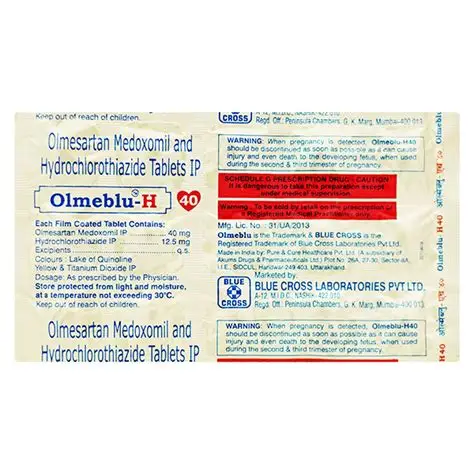
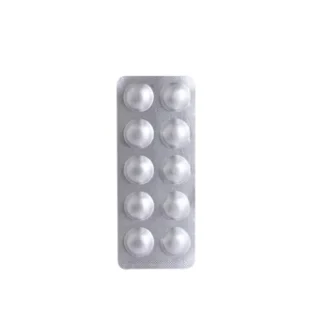
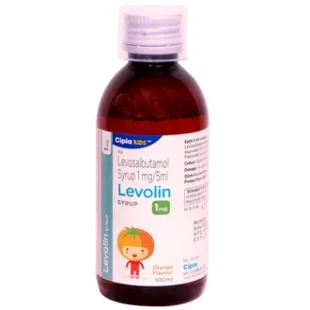


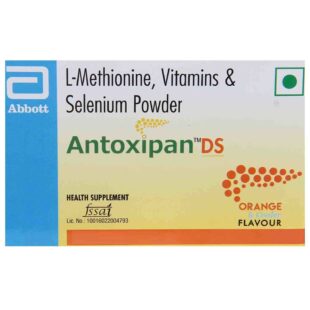
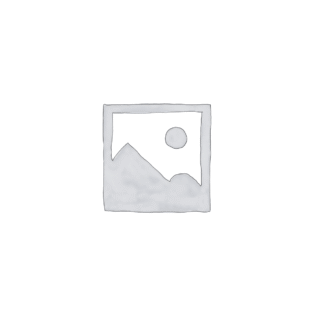
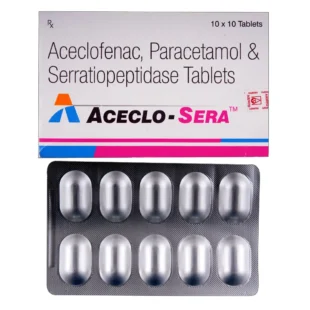
Reviews
There are no reviews yet.